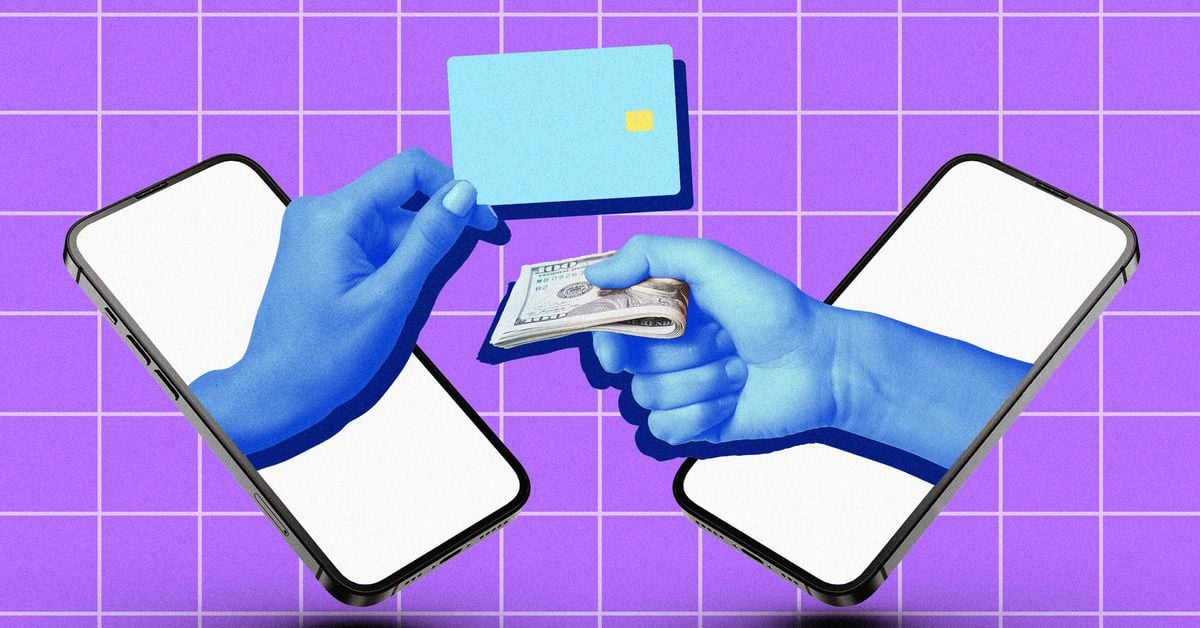If you don’t retain some kind of actual ownership, they will not be allowed to use terms like “buy” or “purchase” on the store page button. I hope there aren’t huge holes in this that allow bad actors to get around it, but I certainly loathe the fact that there’s no real way to buy a movie or TV show digitally. Not really.
EDIT: On re-reading it, there may be huge holes in it. Like if they just “clearly tell you” how little you’re getting when you buy it, they can still say “buy” and “purchase”.



If they can’t take it away from you after you bought it, I think I can still call it ownership.
Not trying to argue, but I don’t believe I can re-sell my copy of a game I “bought” on GOG, so in my view that’s not full ownership as most people understand it. If you’re a full, legal owner of some property, you can sell that property anywhere you like.
I’m ok with distribution restriction of digital good because the nature of it. Unless you want to nft-ize your copy.
I can think of some other exceptions, but they’re usually large, dangerous, or otherwise regulated as such, yet you’re still an owner of it.
There is a bigger barrier to them being able to take it away from you. But they absolutely can. Broadcast content like a movie or TV show illegally, and see what happens.
This is about the medium by which the license is provided, there is no doubt whatsoever that the license is the same. This has been proven repeatedly. The difference here is that the distributor can be legally forced to remove the content by the owner of the media. So, if for instance you order a physical disc and pay for it ahead of time and then the place you order from loses the right to distribute that disc, you absolutely won’t get it in the mail because they’re required to send it back to the owner.
You’d likely get a refund in that case but that’s because you didn’t get to actually enjoy that media at all. But buying a license to a show on Amazon or something is different only because it’s likely that they have pull the show after you paid for it and outside the return window. Meaning in theory you have enjoyed or consumed the media you paid for. So the license is legal.
What really needs to change imo isn’t the transparency. This discussion keeps being had repeatedly and people keep being outraged by it as if they have never heard that this can happen. Its been 20 some odd years of this and I would think it would be common knowledge by now.
What really needs to change is the terms by which the owner who licenses the content in the first place should either be required to provide a refund or equivalent on a different platform, or they should be the ones held liable for their terminology in the licensing agreement that would require that license to be null and void for people who have already purchased it.
But literally every single time I say this people get upset about it and nobody can explain why.
Yeah, that’s because you own the property, not the intellectual property. This is copyright law, not an affront to your ownership. When you “buy” a movie digitally on Amazon, you’re only buying access to their copy of the movie. Amazon bought the right to distribute it to you. When that contract expires, they can’t distribute it to you anymore. That’s why it’s not ownership. When you buy a game on GOG, you download the installer, and they cannot take it away from you, no matter how hard they try; that’s their whole shtick.
Someone has probably explained the above to you before.
On the basis of technicality, it will depend very wildly on the ToC of said intellectual property. As you said, GOG just distributes the installer and that is it, the IP holder can technically revoke your/GOG license if that is in the ToC somewhere.
So what if they did? Are they going to give me a court summons to destroy my copy and all of my backups of the game? I don’t think so.
Yeah, hence why I said that technically the license can be revoked. Enforcing that is another matter. Without going into the weeds, we need to rethink how to handle it. At minimum, we need to make sure that if the license is revoked not from breaking ToS, the Copyright/IP holder must refund the purchase too. The copyright/ip holder still has the right to their creation but the consumer is also protected via those refund. It is indeed not bulletproof but whether you like it or not, copyright/ip protection is needed to some extent.